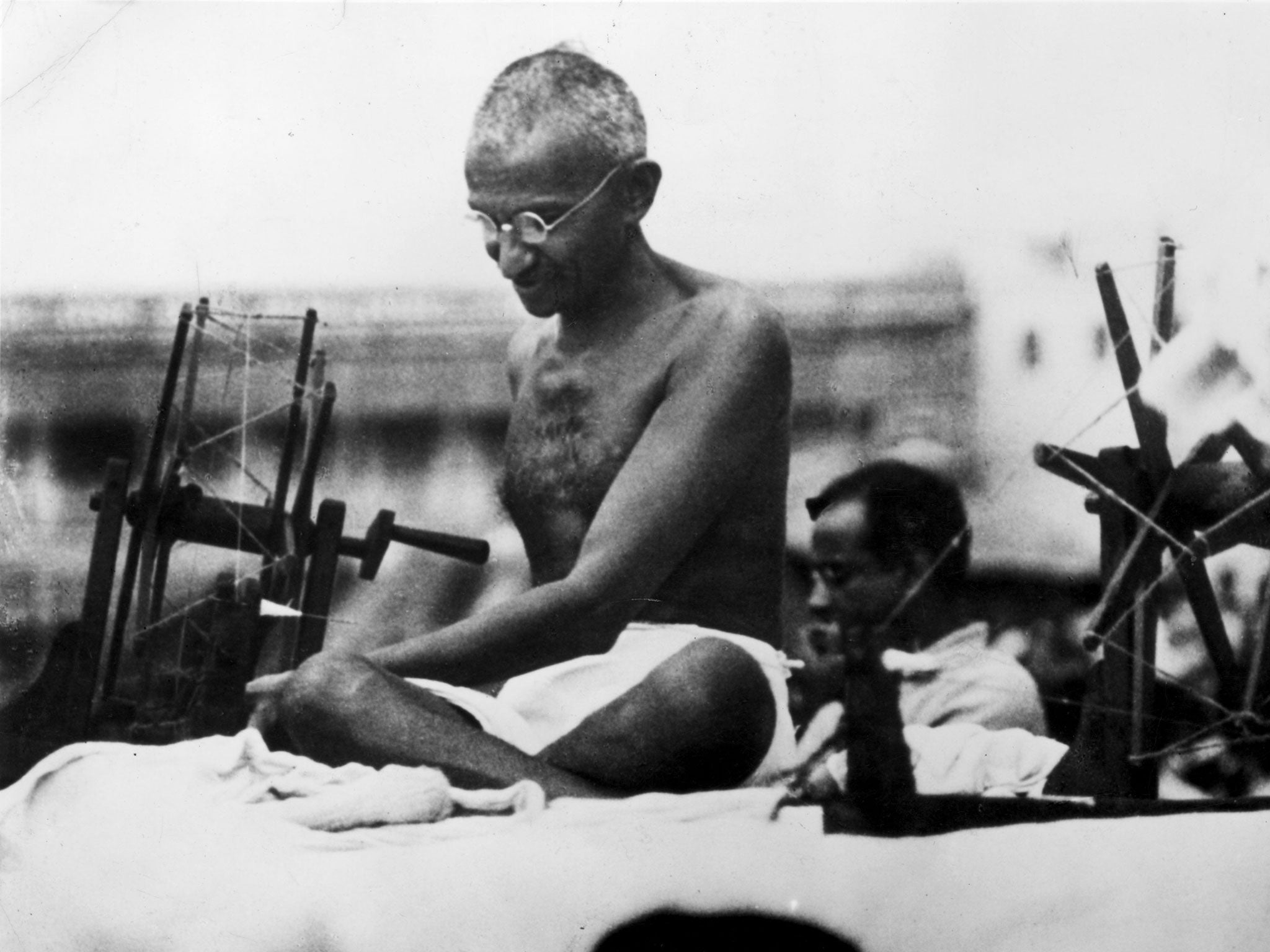Errors and Omissions: A few things to bear in mind, moving forward
Our Letters Editor and chief pedant checks this week's Independent for howlers

I am grateful to Bernard Theobald, who writes to draw attention to a sentence from our Wednesday coverage of the storm over southern England: “A combination of ‘the best forecasters in the world’ and technological advancements including a £30m supercomputer allowed the Met Office to accurately predict the St Jude’s storm four days before it formed.”
“Advancements” should be “advances”. Both words come from the same French origin and both date back to the Middle Ages. Both indicate forward movement, but “advance” has a much wider application. Anything from an army to a technology may advance, but “advancement” applies only to a person’s career; it means promotion or preferment.
Incidentally, and on a positive note, that sentence also illustrates what a foolish piece of pedantry it is to place an absolute ban on split infinitives. Why is “to accurately predict” seen by some as an outrage, when nobody turns a hair at, say, “will accurately predict”? And in this instance, to place “accurately” anywhere else is visibly to strain for correctitude.
Fowler’s Modern English Usage has an enlightening passage on split infinitives.
No joke: “He has borne exhaustive comparisons to Jon Stewart, the American satirist whose nightly show regularly pokes fun at the great and the good in Washington. But for Bassem Youssef, the Egyptian comedian who became a TV sensation following the fall of Hosni Mubarak, satire is a joke where the punchline can mean jail.”
That is the opening paragraph of a news story published on Wednesday, and it is desperate stuff. The story is about Bassem Youssef, an Egyptian TV satirist, and it is a good read. Why spoil it with a reference to somebody called Jon Stewart?
The illustration is unnecessary; we all know what a TV satirist does, in Egypt or anywhere else. We don’t need to be told that a TV satirist in Egypt is similar to a TV satirist in the US. And who is Jon Stewart?
I’m clearly not the only one who doesn’t know, since the writer felt obliged to tell us. If an illustration needs to be explained, it is not doing its job.
Real problem: “Real” is a slippery word. Last Saturday’s magazine carried a book extract about Gandhi’s friendship with an English couple during his early years in South Africa. This was puffed on the front page of the main newspaper with the words “The real Gandhi, by Ramachandra Guha”.
Behind this use of the word “real” there seem to lie at least two unexamined assumptions: that there is a contradiction between being an Indian nationalist and having English friends; and that those two aspects of Gandhi cannot both be equally “real” – one (the one that everybody knows about) must be a mere façade, while the other (the one we are now going to tell you about) reveals the true inner being of the man.
This kind of sub-Freudian tosh often lies behind the word “real”. Always distrust it. “Real” is usually false.
Join our commenting forum
Join thought-provoking conversations, follow other Independent readers and see their replies
Comments
Bookmark popover
Removed from bookmarks